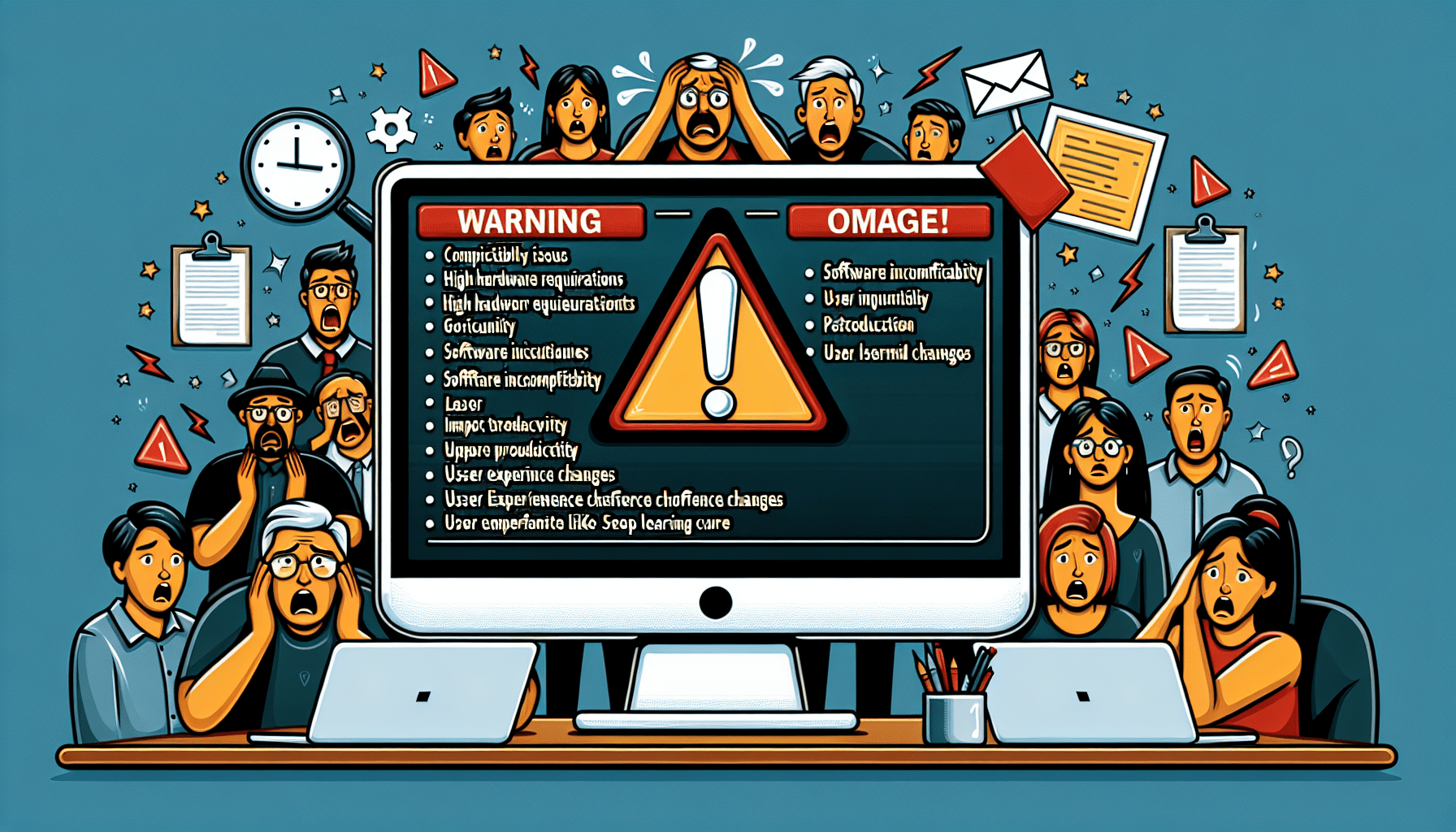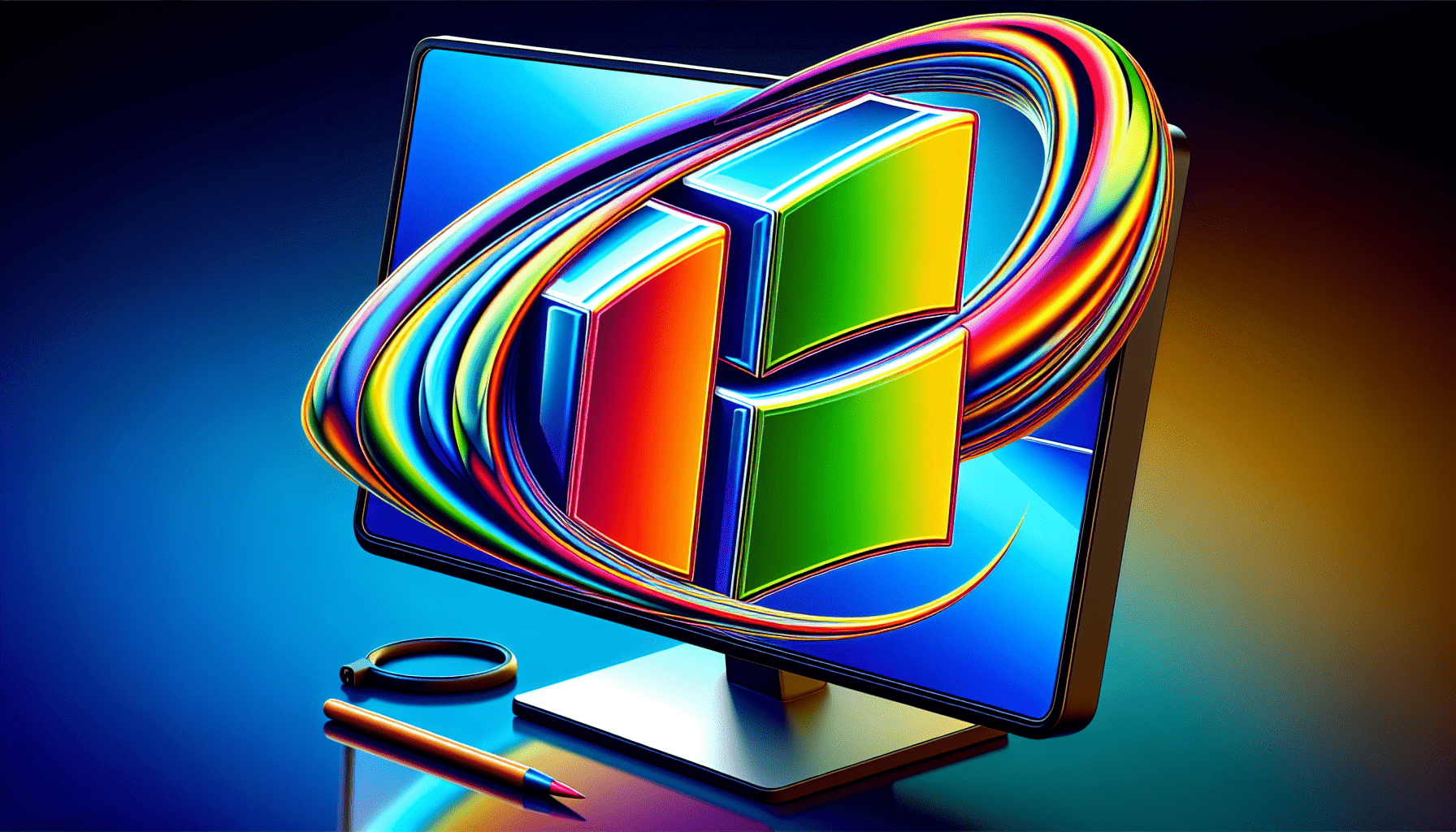






Are you in the market for a new laptop but unsure if buying a used or refurbished one is a good idea? This article will explore the pros and cons of purchasing a pre-owned laptop, giving you the information you need to make an informed decision. Whether you’re looking to save some money or simply need a temporary solution, we’ll break down the benefits and potential risks of buying a used or refurbished laptop. So, before making your next laptop purchase, read on to find out if this might be the right choice for you.
Understanding the Difference Between Used and Refurbished Laptops
Definition of a used laptop
A used laptop refers to a device that has been previously owned and used by another individual or entity. These laptops are typically sold as-is, without any repairs or refurbishments. The condition of a used laptop can vary greatly, ranging from well-maintained to heavily worn.
Definition of a refurbished laptop
On the other hand, a refurbished laptop is a device that has been returned to the manufacturer or a third-party refurbisher for repairs, upgrades, and thorough testing. Refurbished laptops undergo a series of rigorous checks to ensure that they meet the manufacturer’s standards and are in good working condition. These laptops are then re-packaged and sold with a warranty, often at a lower price compared to brand new laptops.
Key differences between used and refurbished
The key differences between used and refurbished laptops lie in their condition and level of refurbishment. Used laptops are sold in the condition they were received, with no repairs or upgrades performed. In contrast, refurbished laptops have undergone professional repairs, upgrades, and quality control checks. Additionally, refurbished laptops usually come with a warranty, providing buyers with peace of mind.
Evaluating the Advantages of Buying a Used Laptop
Cost effectiveness
One of the major advantages of buying a used laptop is the cost-effectiveness it offers. Used laptops are generally significantly cheaper compared to their brand new counterparts, making them an attractive option for budget-conscious buyers. By opting for a used laptop, you can potentially save a substantial amount of money while still obtaining a functional device.
Potential for customization
Another advantage of purchasing a used laptop is the potential for customization. Since used laptops are often older models, they may offer greater flexibility for customization compared to newer laptops. This allows you to personalize the laptop according to your specific needs, such as upgrading the RAM or storage capacity, without breaking the bank.
Environmental sustainability
Opting for a used laptop also contributes to environmental sustainability. By giving a second life to a used device, you are reducing electronic waste and minimizing the environmental impact of manufacturing new laptops. By reusing resources, you play a part in conserving energy and reducing carbon emissions associated with the production of new laptops.
Understanding the Drawbacks of Buying a Used Laptop
Potential history of problems
One drawback of buying a used laptop is the potential for undisclosed problems or issues. Since used laptops are sold in their current condition, there may be underlying hardware or software problems that are not evident at first glance. This can lead to unexpected expenses for repairs or upgrades, nullifying the initial cost savings.
Shorter life expectancy
Used laptops, especially those that have seen significant usage, generally have a shorter remaining life expectancy compared to refurbished or brand new laptops. The components may have already undergone wear and tear, and their overall performance may be compromised. This can result in a shorter lifespan for the device, necessitating a replacement sooner than anticipated.
Outdated technology
Used laptops are often older models, which means they may not have the latest technological advancements or features found in newer laptops. This can impact the performance, speed, and compatibility of the device with newer software applications and operating systems. If staying up-to-date with the latest technology is important to you, a used laptop may not be the ideal choice.
Exploring the Benefits of Buying a Refurbished Laptop
Lower price than new models
One of the main benefits of buying a refurbished laptop is the significantly lower price compared to purchasing a brand new model. Refurbished laptops are typically priced lower as they have undergone repairs and are not sold at their original retail value. This can make refurbished laptops an excellent choice for individuals on a tight budget who still want a reliable and functional laptop.
Inspection and repairs by professionals
Refurbished laptops go through a comprehensive inspection and repair process by professionals, ensuring that any previously identified issues have been addressed and resolved. These repairs ensure that the laptop is functioning optimally and meets the manufacturer’s standards. By purchasing a refurbished laptop, you can have confidence in its performance and reliability.
Warranty provision
One of the standout benefits of buying a refurbished laptop is the inclusion of a warranty. Refurbished laptops often come with a limited warranty, which provides protection against any defects or malfunctions that may arise within a specified period of time. This warranty coverage can offer peace of mind, knowing that you have recourse if any issues arise with the laptop.
Considering the Disadvantages of Buying a Refurbished Laptop
Possibility of minor cosmetic flaws
While refurbished laptops undergo extensive repairs and testing, there is still a possibility of minor cosmetic flaws. These flaws can include scratches, dents, or other signs of previous use. Although these cosmetic imperfections do not impact the functionality of the laptop, they may be a consideration for individuals who prefer their devices to be aesthetically pristine.
Previous ownership
Refurbished laptops have been previously owned, often by individuals who returned the device due to a defect or dissatisfaction. While the refurbishment process ensures that any underlying issues have been resolved, some buyers may have concerns about the laptop’s previous ownership. It is important to research the refurbisher and their refurbishment process to ensure quality and reliability.
Limited model options
When purchasing a refurbished laptop, the available models may be limited compared to the range of options offered for new laptops. Refurbished laptops are typically previous-generation devices, meaning you may not have access to the latest models or cutting-edge features. However, if your requirements are more focused on functionality rather than having the latest model, this may not be a significant drawback for you.
Determining the Right Time to Buy a Used or Refurbished Laptop
Budget considerations
One crucial factor to consider when deciding between a used or refurbished laptop is your budget. If budget constraints are a primary concern and you are willing to accept potential risks associated with a used laptop, it might be the right choice for you. On the other hand, if you have a slightly more flexible budget and prioritize performance and reliability, a refurbished laptop may be a better fit.
Usage requirements
Another consideration is your specific usage requirements. If you only need a laptop for basic tasks such as web browsing, word processing, and watching videos, a used or refurbished laptop may be suitable. However, if you require a laptop for resource-intensive tasks like video editing, gaming, or graphic design, investing in a new laptop with high-performance specifications may be more beneficial in the long run.
Technology trends
Staying informed about the latest technology trends can also influence your decision. If you value having the newest features and advancements, a new laptop may be the better choice. However, if you are content with slightly older technology and prioritize cost savings, a used or refurbished laptop can still provide reliable performance for your needs.
Tips for Purchasing a Used Laptop
Evaluating the seller’s reputation
When buying a used laptop, it is important to research and evaluate the reputation of the seller. Look for reputable sellers with positive customer reviews and a track record of reliable transactions. This can help ensure that you are purchasing from a trustworthy source and minimize the risk of receiving a faulty or misrepresented laptop.
Thoroughly inspecting the laptop
Before purchasing a used laptop, it is crucial to thoroughly inspect the device. Check for any physical damages, such as cracks or broken ports, and test the functionality of all components. Ensure that the laptop powers on, the display is in good condition, and all the ports and buttons are working properly. It may be beneficial to bring along someone knowledgeable about laptops to assist with the inspection.
Validating software legitimacy
When purchasing a used laptop, it is important to validate the legitimacy of the software installed on the device. Ensure that the operating system and any additional software are properly licensed and not pirated copies. This can help you avoid potential legal issues and ensure that the laptop operates efficiently and securely.
Guidelines for Buying a Refurbished Laptop
Choosing reputable retailers
When buying a refurbished laptop, it is crucial to choose reputable retailers or manufacturers. Research different retailers and read customer reviews to gauge their reputation for quality refurbishment and customer service. Opting for well-established and reputable brands increases the likelihood of receiving a reliable and properly refurbished laptop.
Inquiring about warranty
Before purchasing a refurbished laptop, inquire about the warranty provided by the refurbisher or retailer. Ensure that the warranty covers any potential defects or malfunctions that may arise within a reasonable period of time. A warranty provides added protection and assurance that you can seek assistance or repairs if necessary.
Checking for completeness
When buying a refurbished laptop, it is important to ensure that all components and accessories are included. Verify that the laptop comes with the necessary power adapter, charging cable, and any other peripherals that are typically included with a new laptop. This ensures that you have everything required to use the laptop without any additional purchases.
Precautions to Take When Buying a Used or Refurbished Laptop
Securing a proper bill of sale
Whether purchasing a used or refurbished laptop, it is essential to secure a proper bill of sale. This document serves as proof of purchase and includes important details such as the buyer and seller information, the laptop’s condition and specifications, and any warranties or guarantees provided. It is important to keep a copy of the bill of sale for future reference, especially when it comes to warranty claims.
Checking for stolen goods
To avoid unintentionally buying stolen goods, it is advisable to check the laptop’s serial number with local law enforcement or online databases that track stolen electronic devices. By confirming that the laptop has not been reported as stolen, you mitigate any potential legal issues and ensure the legitimacy of your purchase.
Restoring to factory settings
Before using a used or refurbished laptop, it is recommended to restore it to factory settings. This ensures that any personal data or software from the previous owner is removed, protecting your privacy and ensuring a fresh start with the laptop. Restoring to factory settings also allows you to set up the laptop according to your preferences and requirements.
Conclusion: Is Buying a Used or Refurbished Laptop a Good Idea?
Final thoughts
In conclusion, buying a used or refurbished laptop can be a good idea depending on your specific circumstances and preferences. Both options offer advantages and disadvantages that must be carefully evaluated before making a decision. By understanding the differences between used and refurbished laptops, as well as considering factors such as budget, usage requirements, and technology trends, you can make an informed choice.
Weighing pros and cons
For those seeking cost-effective options and potential customization, a used laptop can be a viable choice. However, it is important to be aware of potential hidden problems, shorter lifespan, and outdated technology that may come with a used laptop.
On the other hand, refurbished laptops offer lower prices compared to new models, inspection and repairs by professionals, and warranty provisions. However, you may need to accept the possibility of minor cosmetic flaws, the laptop’s previous ownership, and limited model options.
Personal needs analysis
Ultimately, the decision to buy a used or refurbished laptop depends on your personal needs, budget, and priorities. Careful consideration of these factors, along with thorough evaluation of the seller or refurbisher, inspection of the laptop’s condition, and validation of software legitimacy, will help ensure a positive buying experience.
Whether you choose a used or refurbished laptop, it is important to take precautions, secure a proper bill of sale, check for stolen goods, and restore the laptop to factory settings. By following these guidelines, you can minimize any potential risks and enjoy a reliable and functional laptop that meets your requirements.


